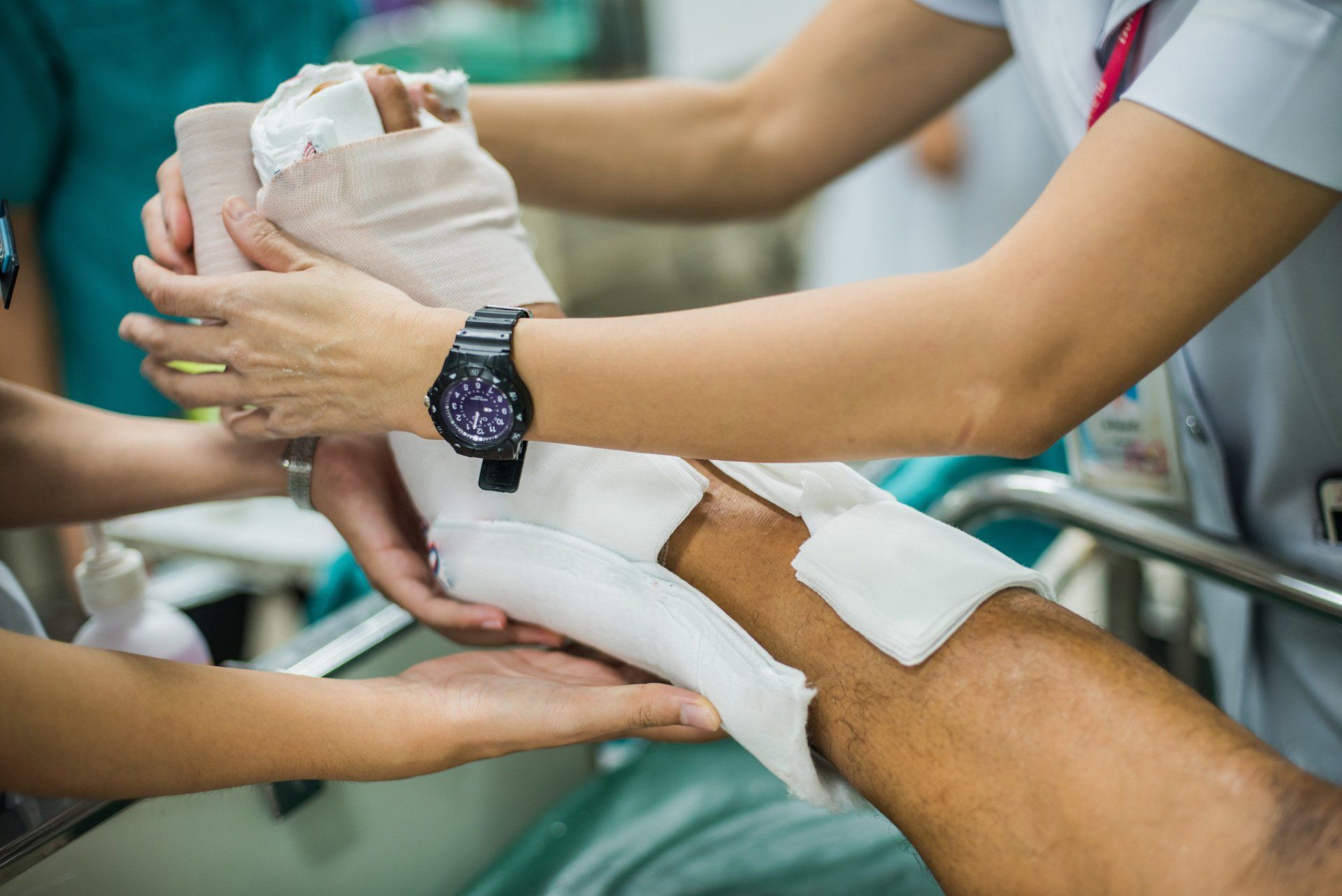American Siesta Anesthesia Partners
General Anesthesia for Outpatient Care, Hospitals & Ambulatory Surgery Centers in Arkansas
General Anesthesia
American Siesta’s primary goal is to provide high-quality, state-of-the-art anesthesia for your upcoming surgical procedure. While there are many types and levels of anesthesia to help prevent a patient from feeling pain during surgery, general anesthesia is most commonly used for major operations, such as knee and hip replacements, heart surgeries, and many types of surgical procedures to treat cancer. Many of these surgeries are lifesaving or life-changing and would not be possible without general anesthesia.
The Cost of General Anesthesia
Major surgeries by nature cost more to supply resources to than minor procedures. It depends on the type of sedative that is being used, and the type of surgery being performed. It also depends on how long the patient needs to be sedated during the dental procedure.
Get in touch with our pros today for a free quote:
The Process:
Before: General anesthesia is medicine that is administered by our physician anesthesiologists through a mask or an IV placed in the vein. While the anesthesia is working, you will be unconscious, and many of your body’s functions will slow down or need help to work effectively. A tube may be placed in your throat to help you breathe.
During: During surgery or the procedure, the physician anesthesiologist will monitor your heart rate, blood pressure, breathing, and other vital signs to make sure they are normal and steady while you remain unconscious and free of pain.
After: Once your surgery is complete, your physician anesthesiologist will reverse the medication and be with you as you return to consciousness, continually monitoring your breathing, circulation, and oxygen levels. Some patients feel fine as they wake up; others experience symptoms such as nausea, vomiting, or chills. Your throat may be sore from the breathing tube. Your physician anesthesiologist will help you manage these symptoms.
After a major surgery, your patient will probably have pain and discomfort from the procedure as they recover, which might get worse as the effects of the general anesthesia wear off. Our
physician anesthesiologists will advise them about how to manage their pain during recovery in the hospital and at home.
Premier Physician Anesthesiologists | Right Here in Arkansas
Physician anesthesiologists are the most highly skilled medical experts in anesthesia care, pain management, and critical care medicine, with the education and training that can mean the difference between life and death.




